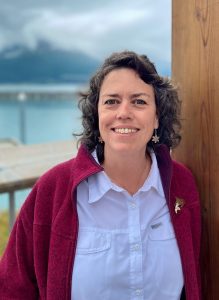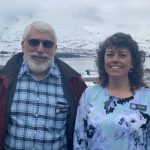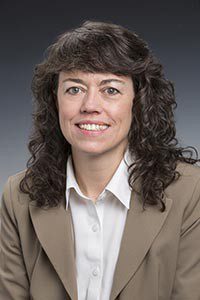
By Donna Schantz
Executive Director
In February, the Council was certified by the U.S. Coast Guard as the Alternative Voluntary Citizens Advisory Group for Prince William Sound under the Oil Pollution Act of 1990 (OPA 90 or the Act). This process is done annually, with every third year including a public comment period. I wish to thank the individuals, entities, industry representatives, elected officials, and others who sent letters to the Coast Guard this year in support of our work. It takes all of us working together to help ensure that strong oil spill prevention and response measures remain in place.
The Council strives to meet OPA 90 mandates as closely as possible. The Act was drafted in the midst of the chaos and urgency that followed the Exxon Valdez oil spill, or EVOS. While some areas of the Act are perhaps not well defined, the intent seems extremely clear: the Council is to represent communities and interests in the entire EVOS-affected region, from Valdez down to Kodiak.
The Act’s mandate for the Council to develop long-term partnerships with government and industry, while also directing us to help shatter the previous complacency of those groups, is an example of one of the less clear sections. This is a challenging mission to achieve. It is difficult to maintain partnerships with those to whom you must also provide advice, and sometimes critical feedback, especially during times of serious reductions in staffing, resources, and budgets for those entities. It is not clear if those who wrote the Act ever meant for the two functions to be compatible. They left that up to us to sort out, which we are still doing 34 years after the spill.

